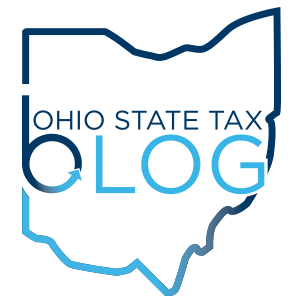IRS Issues Guidance Simplifying Income Tax Compliance Related to the Employee Retention Credit
The IRS recently released new FAQ guidance providing a simplified procedure for addressing income tax amendments and refund claims related to Employee Retention Credit (ERC) determinations. See IRS FAQs. Taxpayers claiming the ERC were required to decrease wage expenses by the ERCs claimed to avoid obtaining a double-benefit—i.e., the employee retention credit and deduction for wages. Due to substantial delays in ERC processing, the statute of limitations to file amended 2021 income tax returns and preserve the taxpayer’s right to refunds if its ERCs are denied or modified is quickly approaching. The administrative burden for filing protective refund claims can be substantial, especially for pass-through entities with multiple owners that would be affected.
To address this potential issue, the IRS has offered simplified methods for correcting income tax issues without filing amended returns. The IRS guidance applies to taxpayers which:
- Did not reduce wage expense on their income tax returns for ERC claims that were allowed; or
- Reduced their wage expenses if ERCs claimed are ultimately disallowed or modified.
Taxpayers who did not reduce their wage expenses but were granted ERCs in a later year are not required to file an amended return or administrative adjustment request to reduce overstated wage expenses. Instead, taxpayers can include the ERC amount received as gross income in the tax year the credit was received.
Similarly, taxpayers that already reduced their wage expenses based upon an ERC claim that is ultimately denied or modified may claim the additional wage expense in the year the ERC determination becomes final (either by not contesting or exhausting administrative remedies). For example, if a taxpayer’s 2021 ERC claim is denied and becomes final in 2025, the taxpayer can increase its wage expense on its 2025 return by the same amounts it previously reduced for ERC wages. This procedure allows the taxpayer to avoid the administrative burden of filing the protective refund claims and amended returns.
If you have questions regarding how the employee retention credit impacts the taxpayer’s income tax returns, please contact us.
Attorney Steven A. Dimengo is Managing Partner of Buckingham, Doolittle & Burroughs, LLC. He helps clients with complicated tax challenges including Ohio sales/use, income, commercial activity and federal taxes and has represented clients before the Ohio Supreme Court. Steve can be reached at [email protected] or 330.258.6460.
Richard B. Fry III is a partner and Buckingham’s Taxation Practice Group Chair. He focuses on state and local tax compliance and controversies, including Ohio and multistate sales/use tax, commercial activity tax, and personal income tax issues. Rich can be reached at [email protected] or 330.258.6423
Nathan M. Fulmer is an associate in Buckingham’s Taxation Practice Group. He represents clients on a broad range of tax planning and controversy matters. His joint degree in taxation allows him to provide unique solutions when assisting clients on business matters. Nate can be reached at [email protected] or 330.258.6464.
Noah L. Veres is an associate in Buckingham’s Taxation Practice Group. As a CPA with a master’s degree in accountancy, he employs his accounting and legal skills to address business and tax issues his clients face. Noah can be reached at [email protected] or 330.643.0241.
